The power of "pause"
Culturally, we don’t know how to slow down. Productivity and results are rewarded. Doing more in less time is valued more highly than taking time and space to consider the big picture. Reacting instead of responding is the norm.
In my observations, both personally and professionally, one of the most challenging things to do is to pause. Step back. Consider there could be another way or another perspective that’s valid. I wonder if some of these examples of life’s chaos feel familiar.
Our ability to stay emotionally regulated in hard conversations feels overwhelming at best, and impossible at worst.
Our relational conflicts seem to derail so fast that we begin to grow resentful, hurt, and angry in the repeat cycles.
We become habitual in our coping tools and feel frustrated about the lack of change in our lives.
Arguments with loved ones spiral in a split second because we get stuck in old messages, wounds, and belief systems that we aren’t even aware of.
Communication seems to go in circles without resolution.
It’s exhausting.
One tool I use with clients who struggle with the pace of these things including conflict, beliefs, anxiety, relational patterns, and emotional reactions is the power of using a “Pause.”
Pause: Conflict needs to slow way down to take the time to hear and be heard.
Pause: Anxiety needs a compassionate witness of what it’s communicating and ways to move forward that feel more grounded and present.
Pause: Healthy communication requires strong listening skills and emotional clarity which requires the ability to pause.
Pause: We have to create intentional space for discerning a new small healthier choice.
Unhealthy patterns will not stop until we are willing to pause. We will continue to react instead of respond when we keep rushing into communication and choices and conflict without taking time to notice, become curious, and consider … there may be a different way.
Pause.
Take a breath. Or a time out.
Notice what’s happening both relationally and in your own physical body.
What do you need? What feels safe? What doesn’t feel safe? How can you take a minute to own what you’re feeling or offer understanding from a grounded pause and emotional presence?
Sometimes you have safe people who can work on this with you, sometimes you need a little extra support from a professional. I love working with clients on relational and emotional health. If you need professional support and you live in Colorado, I’m here for you. If you’re outside of Colorado, I can point you to good resources for support in your area.
💛 Stay gentle.

